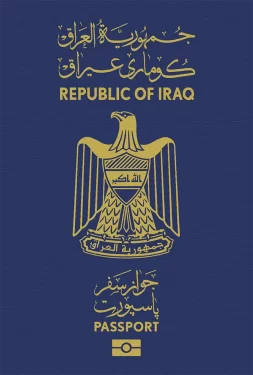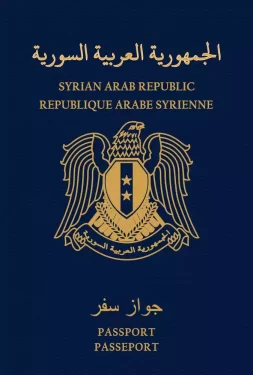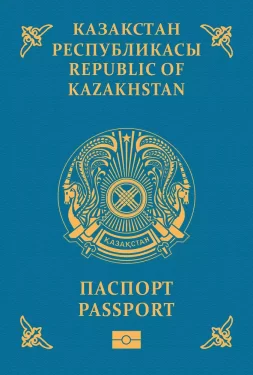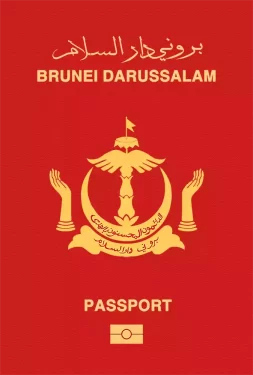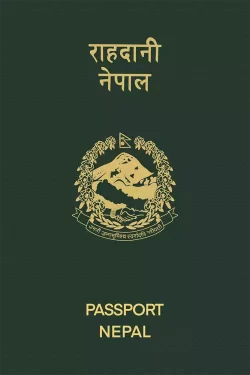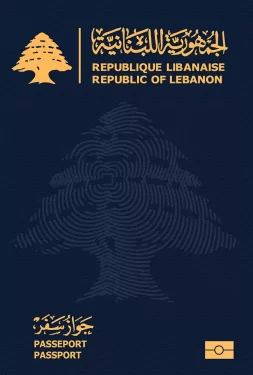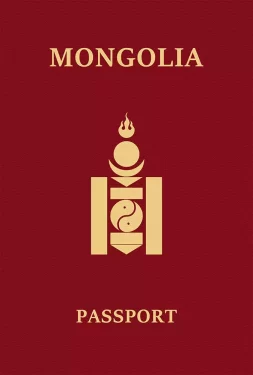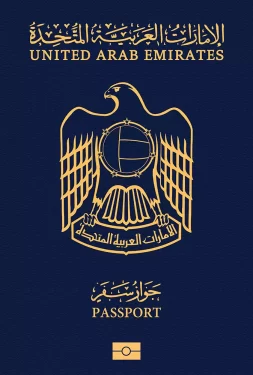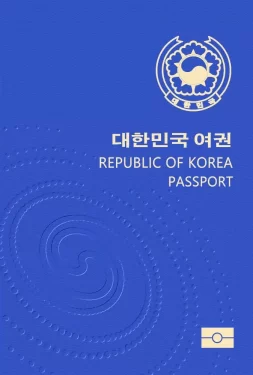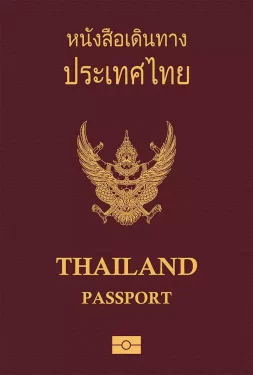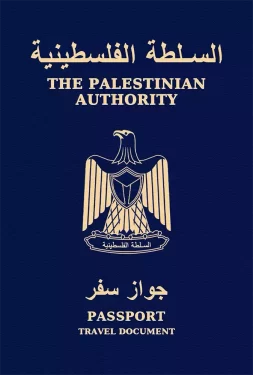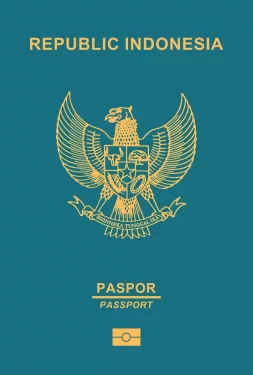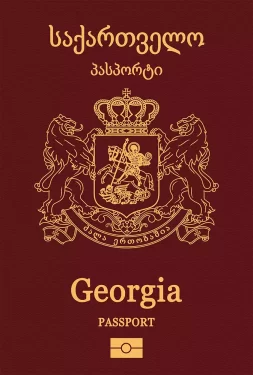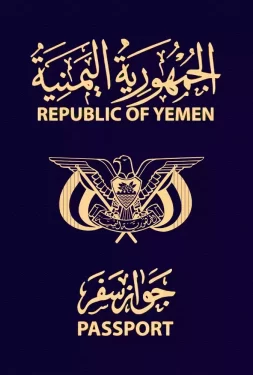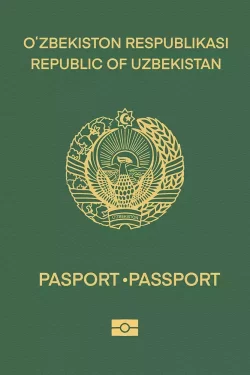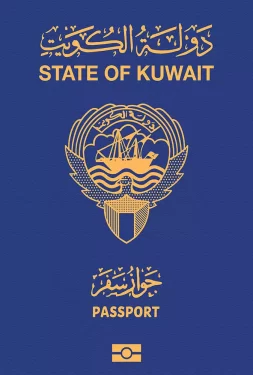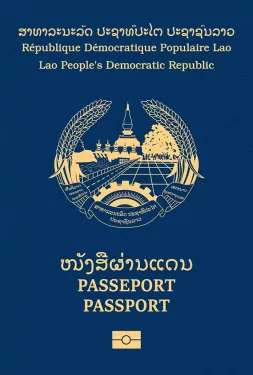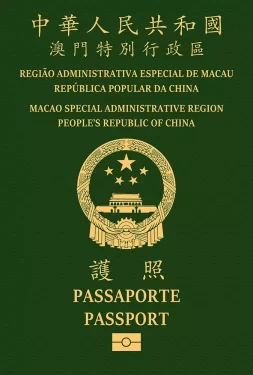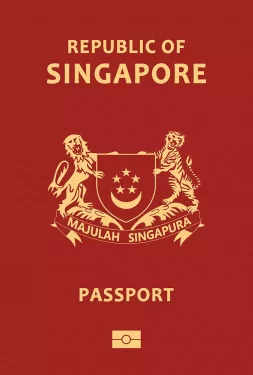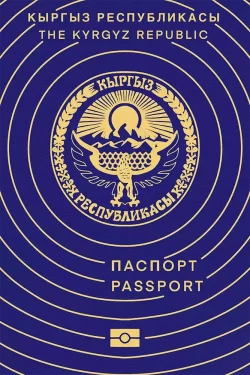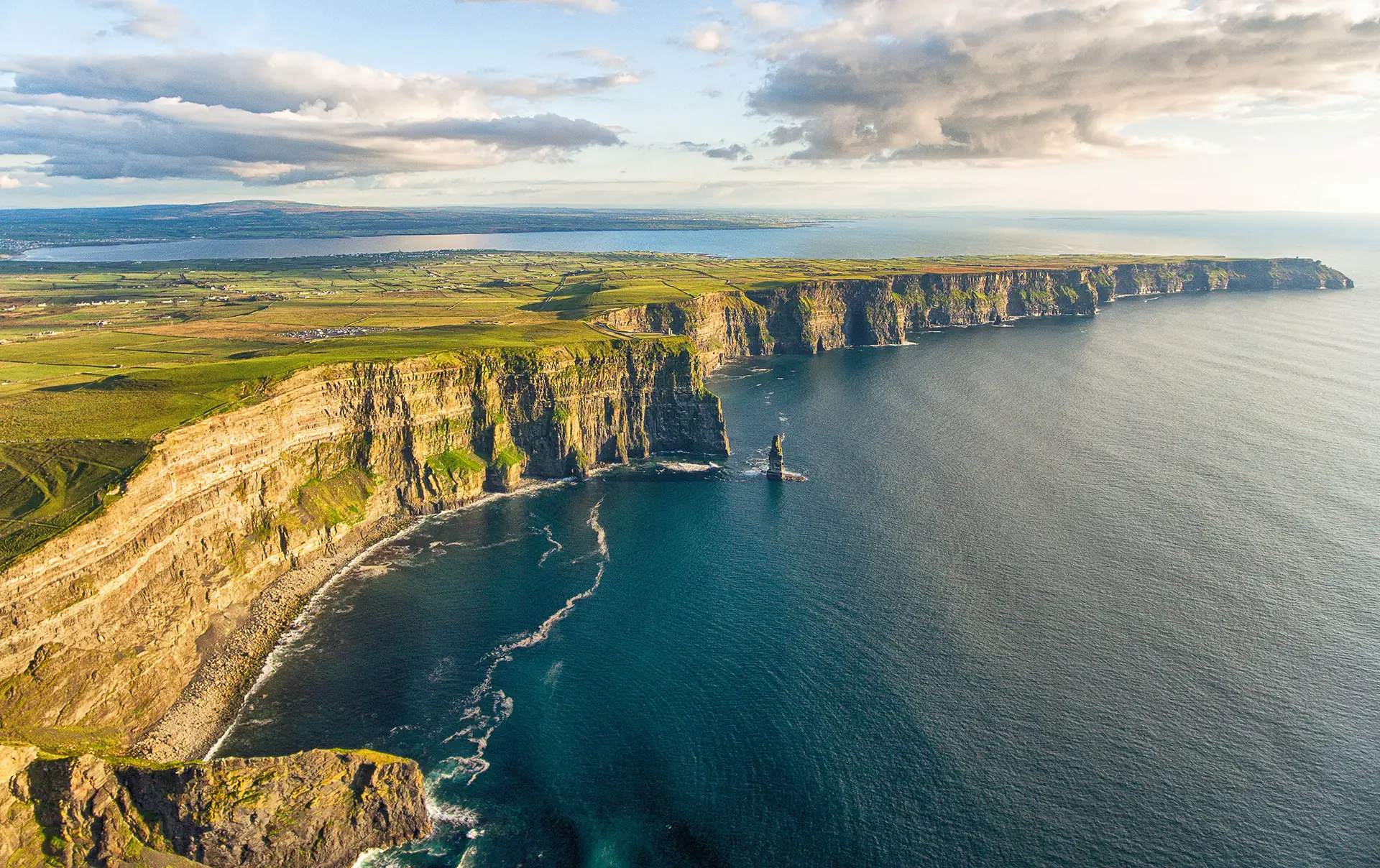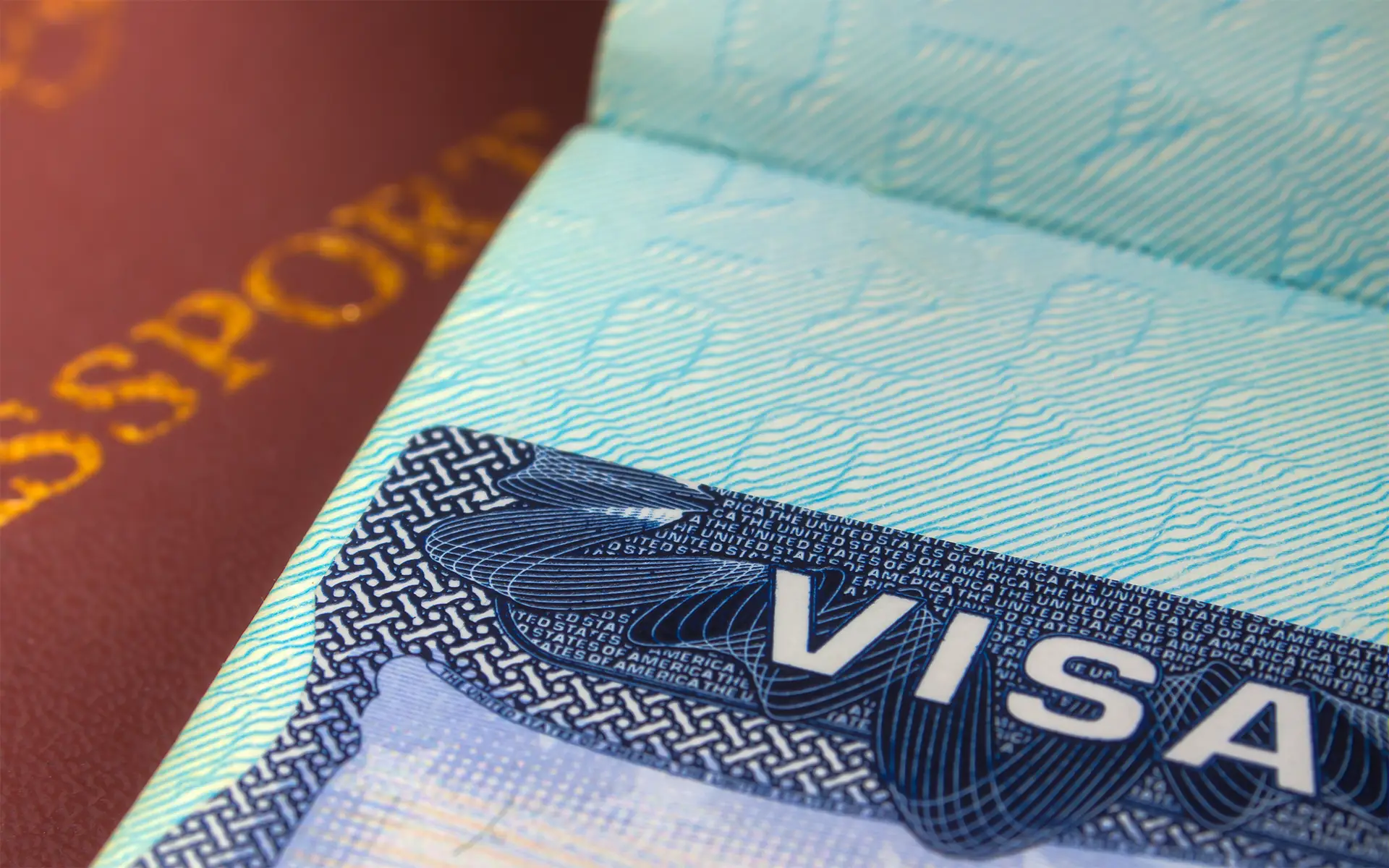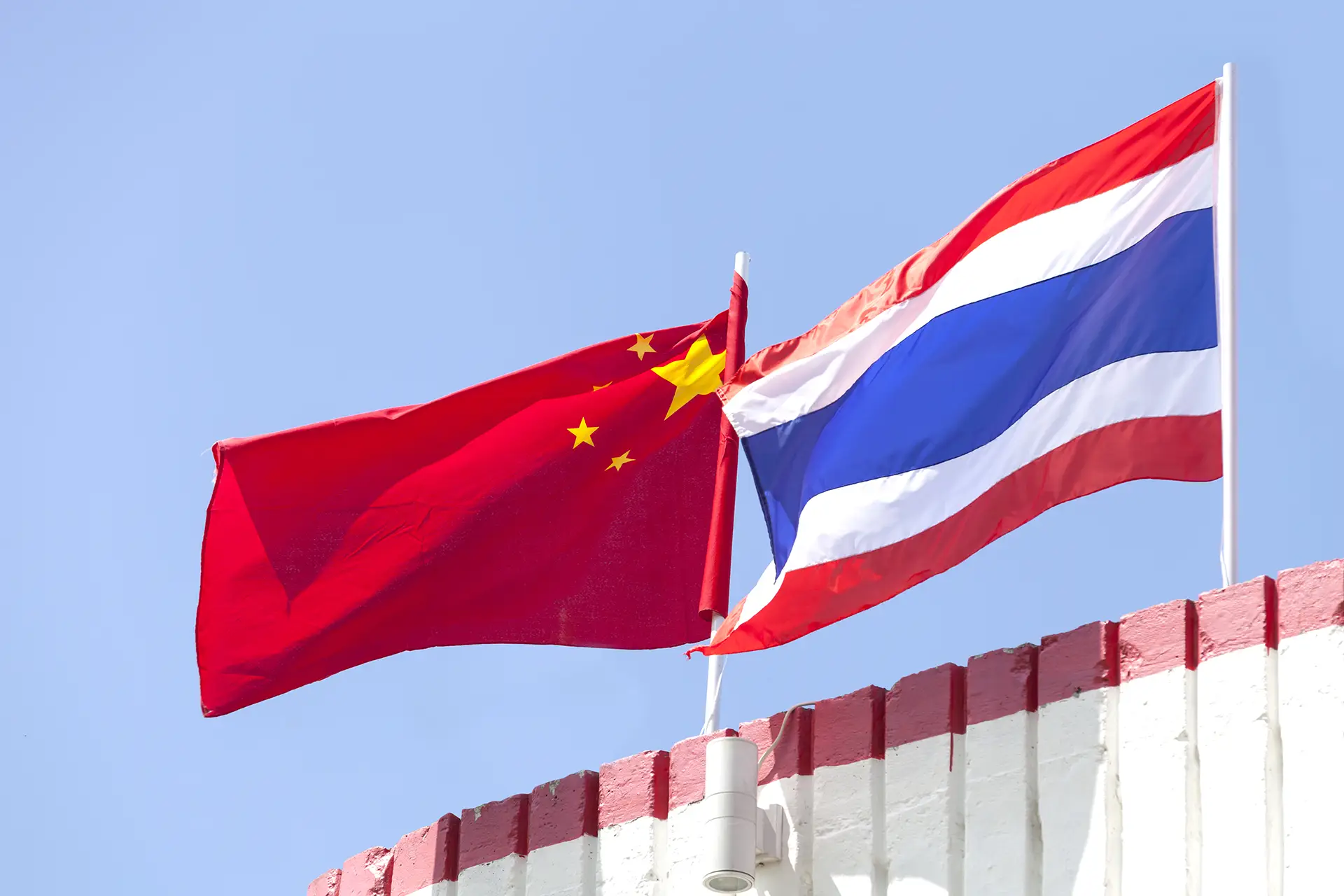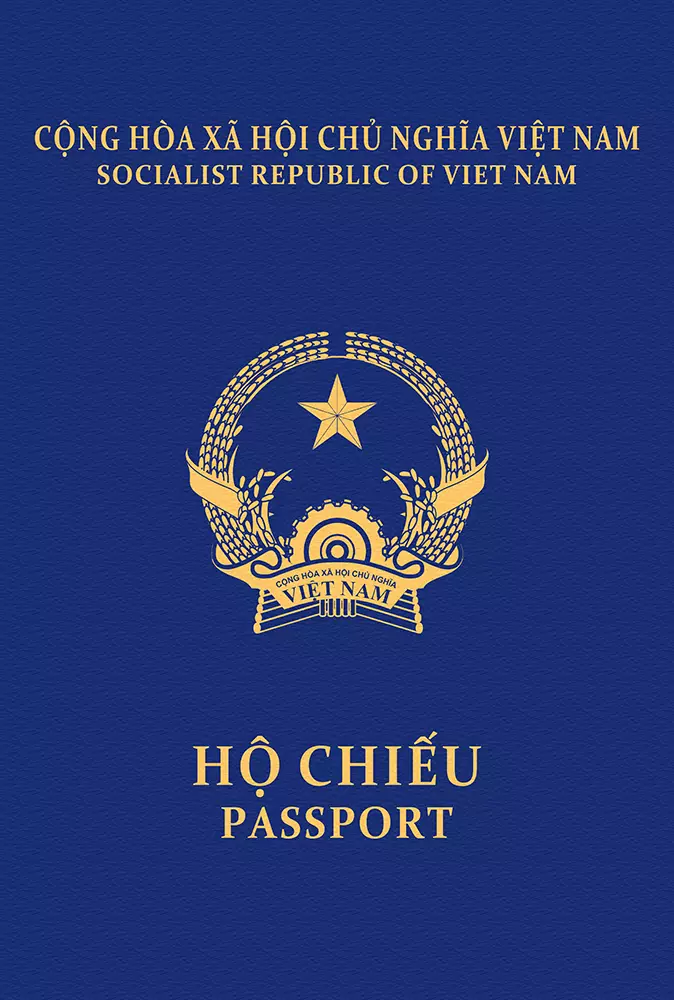
Vietnam
Vietnam passport ranking
The Vietnamese passport is currently ranked 90th place on the Guide Passport Index. It provides visa-free access to 50 destinations. Vietnamese passport holders have visa-free access and visas on arrival to countries such as Indonesia, Philippines, Chile, Sri Lanka and Thailand. Vietnamese citizens do however require a visa to enter 179 destinations in the world such as China, Turkey, Russia, the United States and the entire European Union. This high visa requirement results in a low mobility score.
Vietnam Passport Ranking
The Vietnam passport ranking relative to other global passports is calculated by adding up the number of countries that allow Vietnam passport holders to enter without a visa (i.e. visa-free countries) and those that allow Vietnam passport holders to enter by obtaining a visa on arrival (i.e. visa-on-arrival countries) or an electronic travel authorization (eTA). There are currently a total of 21 Vietnam passport visa-free countries, 26 Vietnam visa-on-arrival countries, and 3 eTA destinations.
Altogether, Vietnam passport holders can enter a total of 50 destinations—either without a visa, through a visa on arrival, or via an eTA. As a result, the Vietnam passport ranks 90 in the world.
Separate from these Vietnam visa-free countries and visa-on-arrival countries, there are 179 additional destinations which Vietnam passport holders either need a physical visa to enter or an eVisa (i.e. visa required countries).
About Vietnam
The Socialist Republic of Vietnam is a former French colony. Located in Southeastern Asia, it consists of 58 provinces. It borders Cambodia, Laos and China. The most important provinces are Ho chi Minh, Ha noi and Thanh Hoa. Vietnam is the 19th largest country in Asia with a surface area of 331,212 square kilometers. Its climate is tropical in the south and monsoonal in the north. Its terrain is characterized by mountains in the north, central highlands and flat deltas.
The overall population is over 98.5 million people. The capital of the country is Hanoi. The most populous city with more than 9 million inhabitants is however Ho Chi Minh City. Other important cities of the country are Haiphon, Da Nang and Can Tho. The largest airport is Tan Son Nhat International Airport (SGN). It has an approximate yearly passenger traffic of 36 million people. Followed by Noi Bai International Airport (HAN). Together they connect the country to destinations across Asia and the entire world.
Vietnam gained independence from France in 1956. Its culture is dominated by a mix of Confucianism, Mahayana Buddhism and Taoism mixed with French heritage. The majority of the country does not follow any religion. The official language of the nation is Vietnamese. The legal system is a mix based on the civil law. The government form is a communist state. President Nguyen Phu Trong is the country’s chief of state. The head of government is Prime Minister Nguyen Xuan Phuc. Elections take place every 5 years.
The official currency of the country is the Vietnamese dong (VND) with the current exchange rate being VND 23524.98 to the USD. Vietnam has a state planned economy, generating a GDP of approximately $770 billion. This makes it the 5th largest economy in South East Asia. It has a per capita income of $8,066. The main GDP contributing sectors are services and industry. The country’s main export products are textiles, garments, shoes, rice, coffee, rubber and tea.
Vietnam is a well-developed tourism destination offering several attractions. It is known for its UNESCO world heritage sites and natural beauty. Some of the major destinations are Halong Bay, Ho Chi Minh City, Hue, Phong Nha-Ke Bank National Park, My Son, Hoi An, and Hanoi. Vietnam is becoming a more and more popular tourist destination. The majority of the 18 million yearly tourism visitors is originating from the neighboring Asian countries, the United States and Europe.
